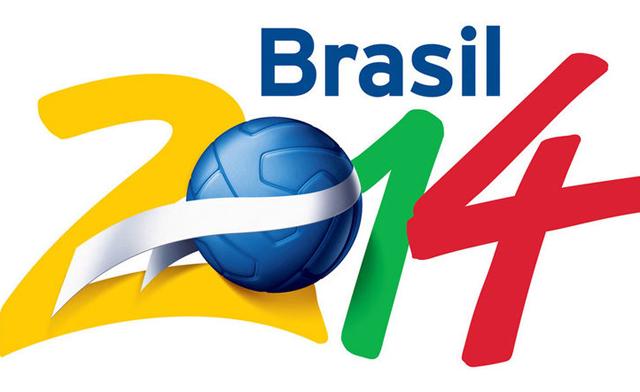
Beer will be allowed to be sold in stadiums at the 2014 World Cup after Brazilian Senate has passed a controversial and much-delayed bill.
When Brazil was chosen to host the event it promised to sell alcohol at matches despite a 2003 drinks ban introduced to stop violence.
Football’s world governing body, FIFA, demanded the change because brewer Budweiser is a World Cup sponsor.
President Dilma Rousseff is now expected to sign the bill into law.

Although the legislation does not specifically authorize the sale of alcohol inside stadiums, the government says it does allow Brazil to fulfill FIFA’s requirements.
“Violence in stadiums has decreased a lot because of the ban against alcoholic beverages,” said Senator Lindbergh Farias, who voted in favor.
“They will only be able to sell them during the World Cup; we’re not going to allow it in general.”
But some senators still voiced concern.
“FIFA’s demand doesn’t make sense because the most important thing is that alcoholic advertisement is freely available,” said Senator Humberto Costa.
“To liberalize the use of alcohol, imagining that 10,000 or 20,000 beers sold in a match would change a company’s economic situation is absurd,” he said.
Another sticking point in the passage of the World Cup bill has been over cut-price tickets.
In Brazil students and pensioners are entitled to half-price entry to sports matches, but FIFA did not want this extended to the World Cup because of the potential impact on revenues.
It has pledged to set aside 300,000 tickets for students, pensioners and minority groups instead.
Amid the disagreements, the law’s approval was delayed, leading FIFA’s secretary-general Jerome Valcke to say that Brazil needed a “kick up the backside”.
Brazil’s lower house passed the bill in March and at a meeting in Zurich this week Brazil and FIFA appeared to smooth over their differences.